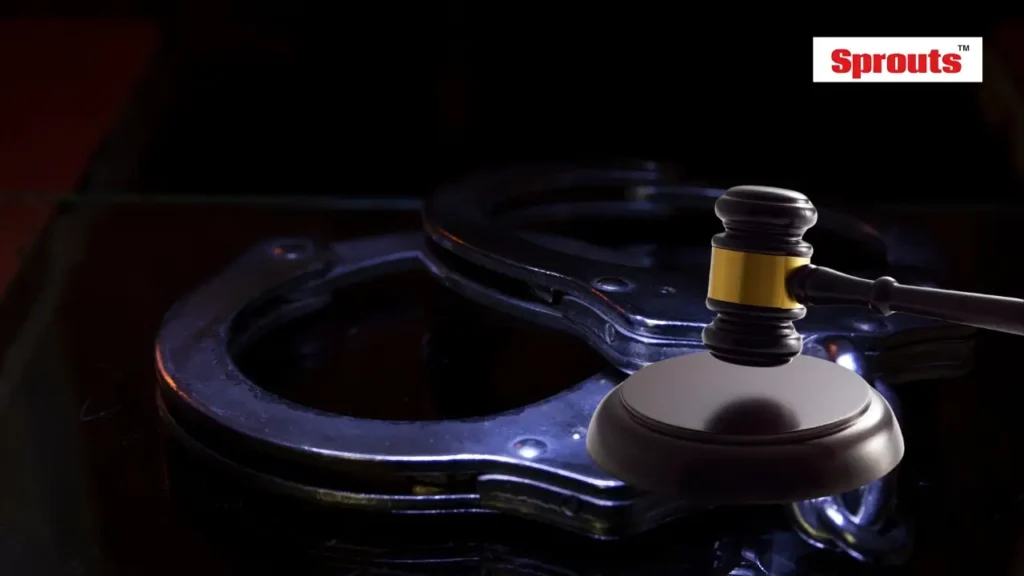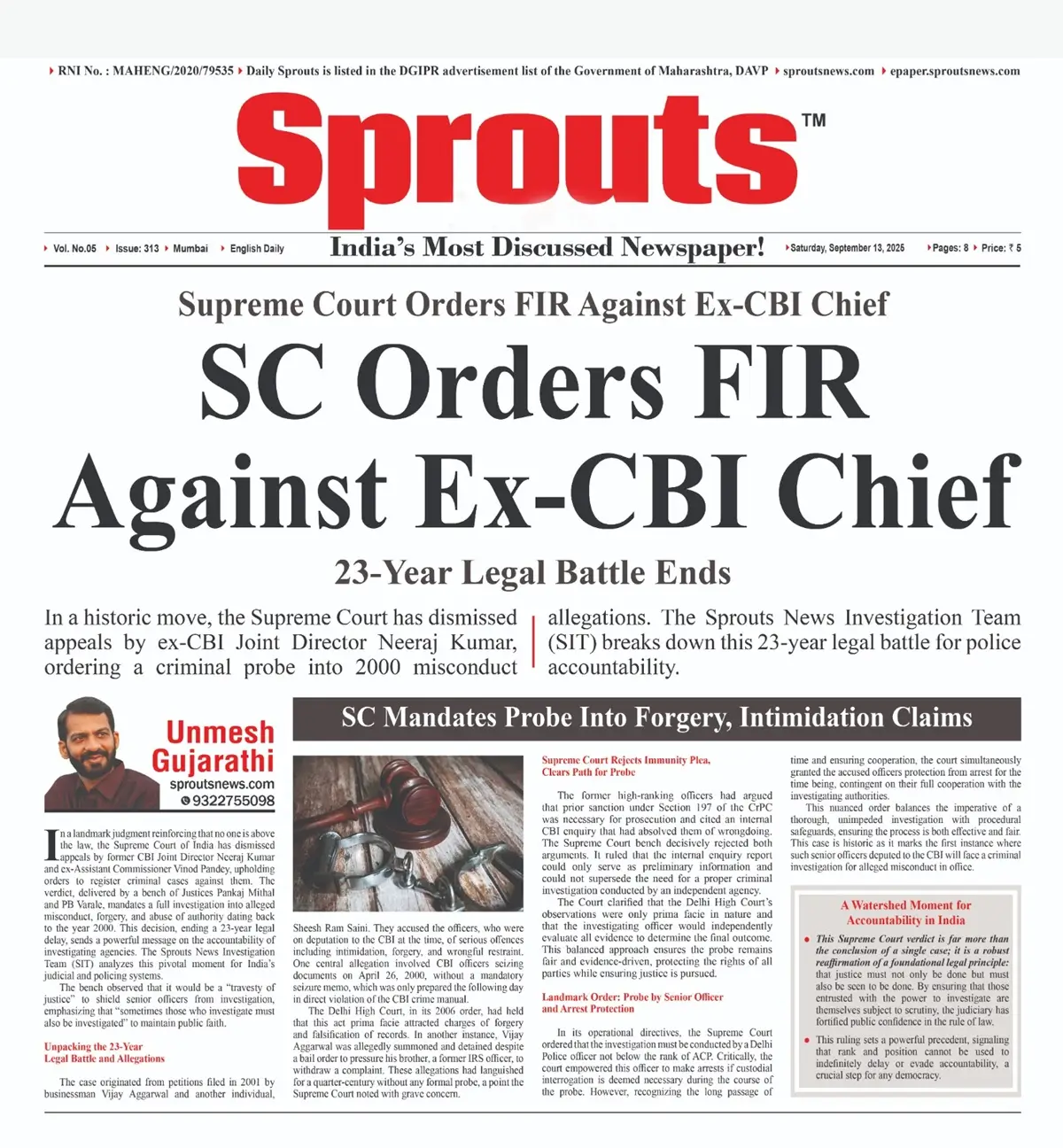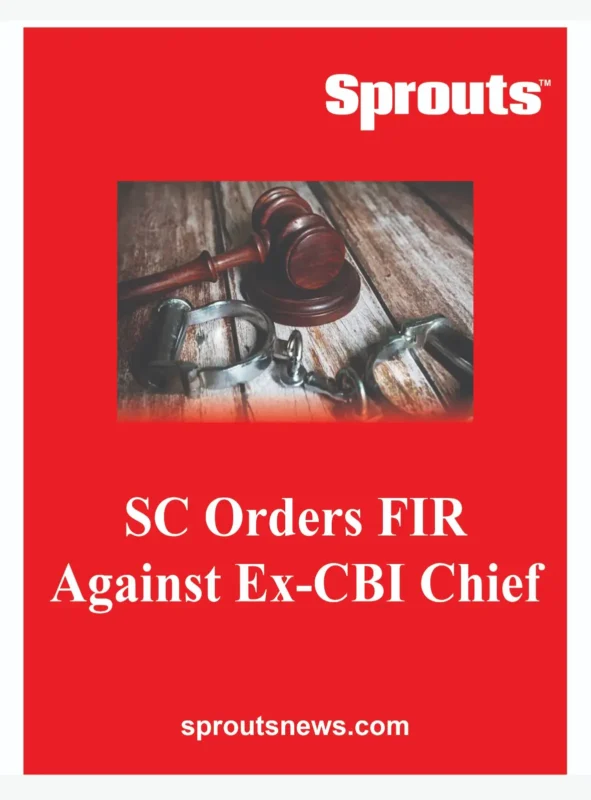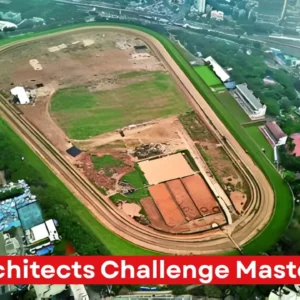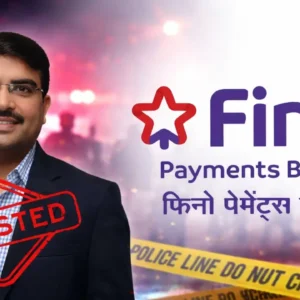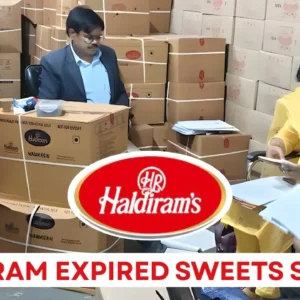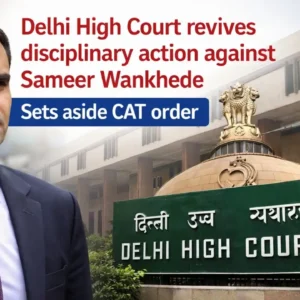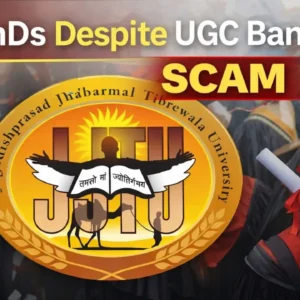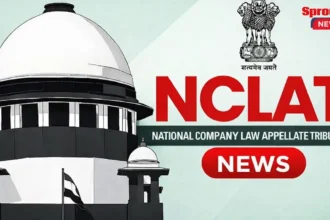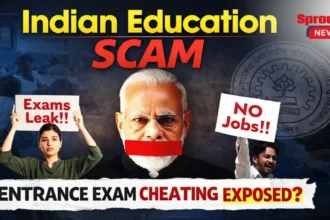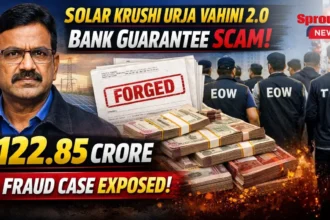Supreme Court Orders FIR Against Ex-CBI Brass in Landmark Police Accountability Verdict
• Supreme Court Orders FIR Against Ex-CBI Chief
• 23-Year Legal Battle Ends
• SC Mandates Probe Into Forgery, Intimidation Claims
In a historic move, the Supreme Court has dismissed appeals by ex-CBI Joint Director Neeraj Kumar, ordering a criminal probe into 2000 misconduct allegations. The Sprouts News Investigation Team (SIT) breaks down this 23-year legal battle for police accountability.
- Supreme Court Orders FIR Against Ex-CBI Brass in Landmark Police Accountability Verdict
- • Supreme Court Orders FIR Against Ex-CBI Chief
- • 23-Year Legal Battle Ends
- • SC Mandates Probe Into Forgery, Intimidation Claims
- Unpacking the 23-Year Legal Battle and Allegations
- Supreme Court Rejects Immunity Plea, Clears Path for Probe
- Landmark Order: Probe by Senior Officer and Arrest Protection
- A Watershed Moment for Accountability in India
In a landmark judgment reinforcing that no one is above the law, the Supreme Court of India has dismissed appeals by former CBI Joint Director Neeraj Kumar and ex-Assistant Commissioner Vinod Pandey, upholding orders to register criminal cases against them. The verdict, delivered by a bench of Justices Pankaj Mithal and PB Varale, mandates a full investigation into alleged misconduct, forgery, and abuse of authority dating back to the year 2000.
Click Here To Download the News Attachment
This decision, ending a 23-year legal delay, sends a powerful message on the accountability of investigating agencies. The Sprouts News Investigation Team (SIT) analyzes this pivotal moment for India’s judicial and policing systems.
The bench observed that it would be a “travesty of justice” to shield senior officers from investigation, emphasizing that “sometimes those who investigate must also be investigated” to maintain public faith.
Unpacking the 23-Year Legal Battle and Allegations
The case originated from petitions filed in 2001 by businessman Vijay Aggarwal and another individual, Sheesh Ram Saini. They accused the officers, who were on deputation to the CBI at the time, of serious offences including intimidation, forgery, and wrongful restraint. One central allegation involved CBI officers seizing documents on April 26, 2000, without a mandatory seizure memo, which was only prepared the following day in direct violation of the CBI crime manual.
The Delhi High Court, in its 2006 order, had held that this act prima facie attracted charges of forgery and falsification of records. In another instance, Vijay Aggarwal was allegedly summoned and detained despite a bail order to pressure his brother, a former IRS officer, to withdraw a complaint. These allegations had languished for a quarter-century without any formal probe, a point the Supreme Court noted with grave concern.
Supreme Court Rejects Immunity Plea, Clears Path for Probe
The former high-ranking officers had argued that prior sanction under Section 197 of the CrPC was necessary for prosecution and cited an internal CBI enquiry that had absolved them of wrongdoing. The Supreme Court bench decisively rejected both arguments. It ruled that the internal enquiry report could only serve as preliminary information and could not supersede the need for a proper criminal investigation conducted by an independent agency.
The Court clarified that the Delhi High Court’s observations were only prima facie in nature and that the investigating officer would independently evaluate all evidence to determine the final outcome. This balanced approach ensures the probe remains fair and evidence-driven, protecting the rights of all parties while ensuring justice is pursued.
Landmark Order: Probe by Senior Officer and Arrest Protection
In its operational directives, the Supreme Court ordered that the investigation must be conducted by a Delhi Police officer not below the rank of ACP. Critically, the court empowered this officer to make arrests if custodial interrogation is deemed necessary during the course of the probe. However, recognizing the long passage of time and ensuring cooperation, the court simultaneously granted the accused officers protection from arrest for the time being, contingent on their full cooperation with the investigating authorities.
This nuanced order balances the imperative of a thorough, unimpeded investigation with procedural safeguards, ensuring the process is both effective and fair. This case is historic as it marks the first instance where such senior officers deputed to the CBI will face a criminal investigation for alleged misconduct in office.
Also Read: Mumbai Police EOW Arrests Builder Manoj Balwant Sawant in ₹50Cr Borivali Land Scam.
A Watershed Moment for Accountability in India
This Supreme Court verdict is far more than the conclusion of a single case; it is a robust reaffirmation of a foundational legal principle: that justice must not only be done but must also be seen to be done. By ensuring that those entrusted with the power to investigate are themselves subject to scrutiny, the judiciary has fortified public confidence in the rule of law. This ruling sets a powerful precedent, signaling that rank and position cannot be used to indefinitely delay or evade accountability, a crucial step for any democracy.


